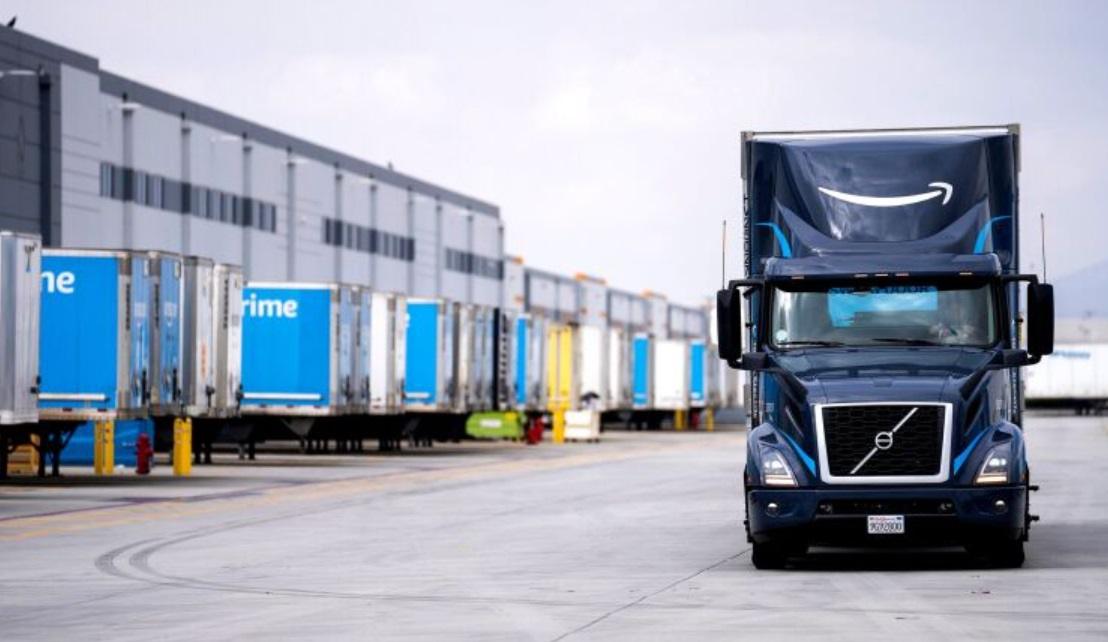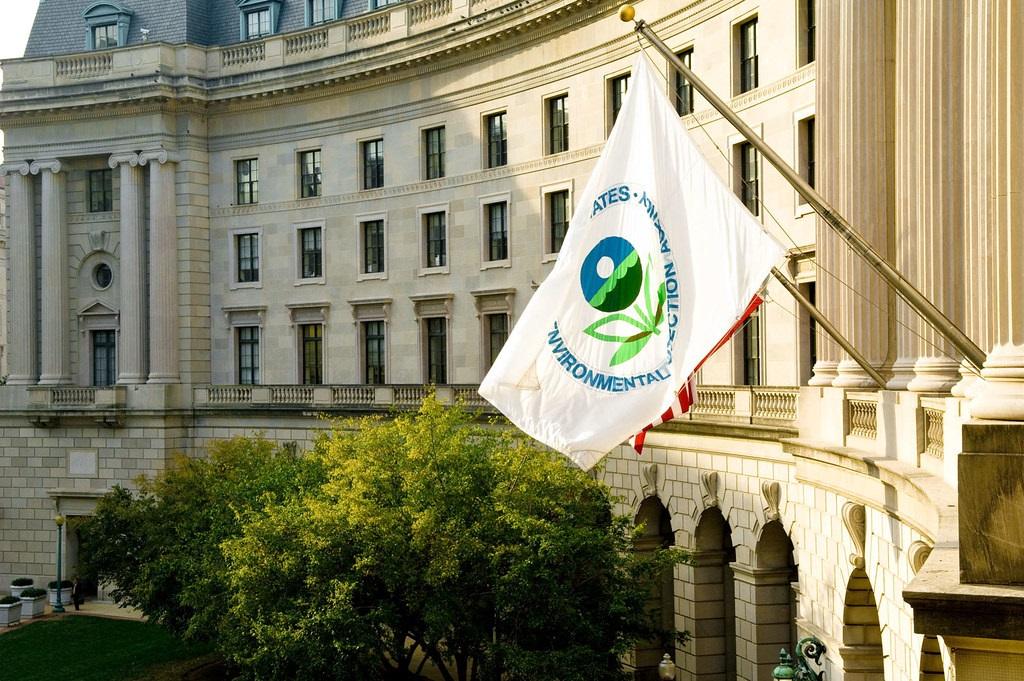France’s Macron Commits €300 Million per Year to Decarbonize Aviation
French President Emmanuel Macron on Friday announced a commitment to invest €300 million per year through 2030 in technologies and low carbon fuels aimed at decarbonizing the aviation sector.
Speaking at a Safran Aircraft Engines factory in Villaroche, Macron also said that France has secured capacity to produce 500,000 tons per year of sustainable aviation fuel.
The €300 million (USD$328 million) will be used to fund research at the Civil Aeronautics Research Council (CORAC) into technologies aimed at decarbonizing the aviation sector, including the development of low carbon emitting aircraft and engines.
The aviation industry has come under scrutiny as a significant source of greenhouse gas (GHG) emissions, responsible for 2-3% of global emissions, with the vast majority of the sector’s footprint derived from fuel use.
France also announced plans to invest €200 million to support the development of a electric and hydrogen-powered aircraft, and €200 million to accelerate the development of capacity for sustainable aviation fuel (SAF).
The SAF funding will support the construction of BioTJet, a new bio-refinery in the Lacq area of southwest France by partners Elyse Energy, IFP Energies nouvelles, Avril and Bionext. The partners announced plans to proceed with the project on Friday, which is expected to produce 110,000 tons per year of biofuels, including 75,000 tons of SAFand 35,000 tons of of bio-naphtha.
The SAF investments come as demand for sustainable aviation fuel is anticipated to rise sharply in Europe, with lawmakers in the process of finalizing rules mandating minimum SAF blends for flights, reaching as high as 70% by 2050.
The investments also follow initiatives by France to help reduce the climate impact of aviation, including a new law passed last month banning short-haul domestic flights on routes that can be serviced by rail in less than 2.5 hours.







